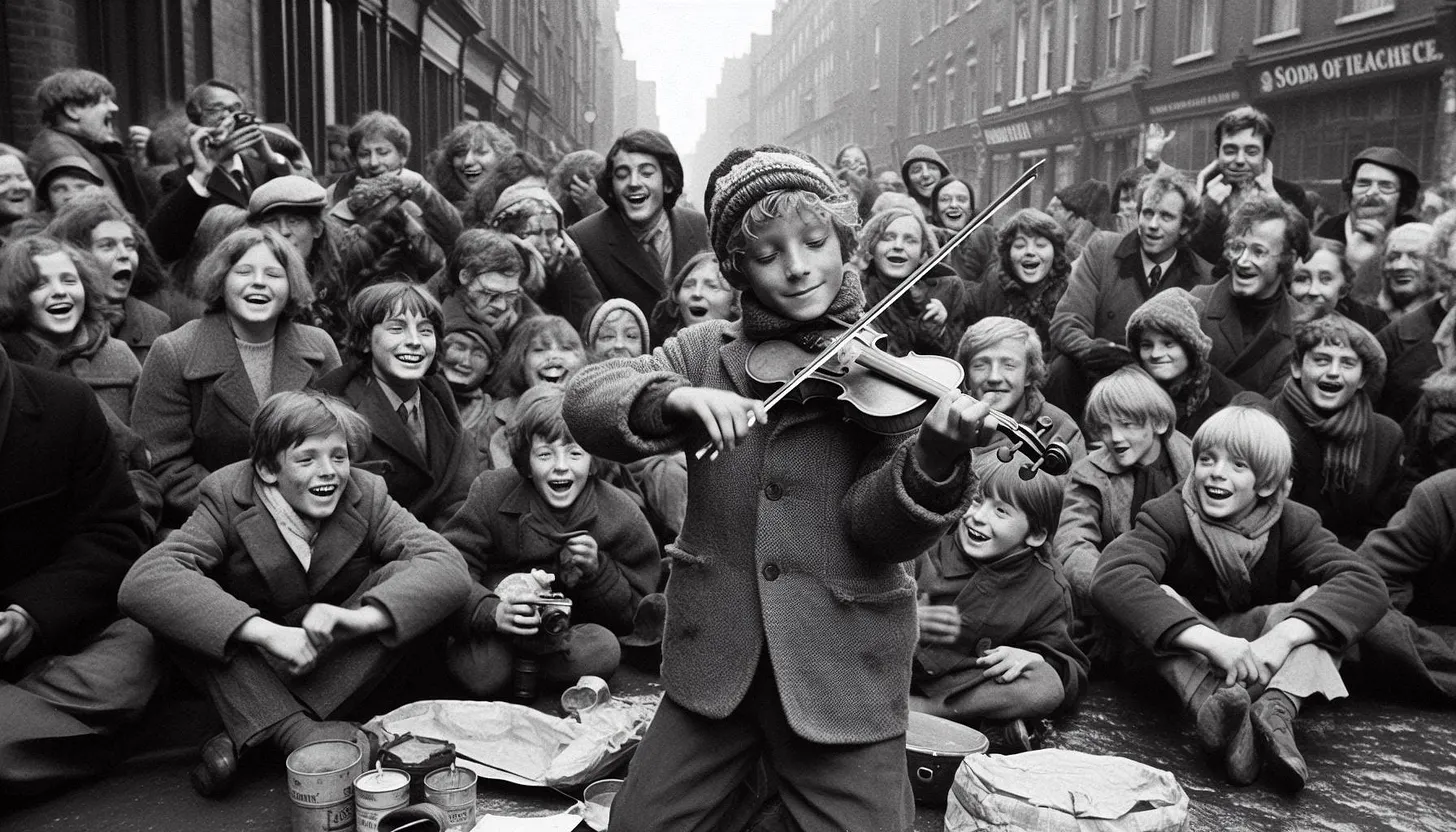
Apr
The 10,000 Hours Myth
My clients are posting huge international successes, and these do not happen without a lot of effort by both coach and client. These are the two comments that recur time and time again in my discussions about luck to the point where they become worrying.
- The harder you practice, the luckier you get.
- It takes at least 10,000 hours of practice to be an expert.
Without doubt there is a LOT of TRUTH in both these statements. But they are quoted as if they are the WHOLE TRUTH, and nothing could be further FROM THE TRUTH.
The reason that the last statement in particular worries me is that it can be a powerful negative self-fulfilling prophecy. It also does not give enough credit to innate talent, or to the power of accelerated learning delivered by skilful coaching.
How many people will be put off learning a new skill when they work out that 10,000 hours will take them at least 10 years to clock up?
The 10,000 hours myth surfaced in a paper published by Ericsson in 1993. It is a brilliant paper, 40 pages long, extremely technical, and definitely not an easy read. Which might be why the 10,000 hours conclusions are not as clear as some might believe. When writing a scientific paper the biggest challenge is to eliminate what the statisticians call the ‘confounding factors’ which can skew the results.
Let me explain. Do you think a kid who clocks up 10,000 hours of deep violin practice is going to be the average kid next door, with average parents, earning an average income, who have an average interest in music?
I don’t think so, and to be fair neither did Ericsson and his colleagues. Of course this talented and conscientious kid wholly deserves our respect. However, I’m more interested in the kid from the ghetto who does not have these advantages, who improvises, and who finds other ways that allows talent to surface. The kid who has fun, experiments, and does not take 10,000 hours to be an expert.



Sorry, the comment form is closed at this time.